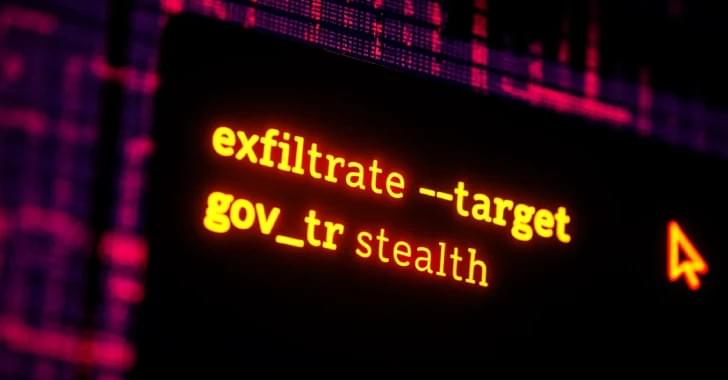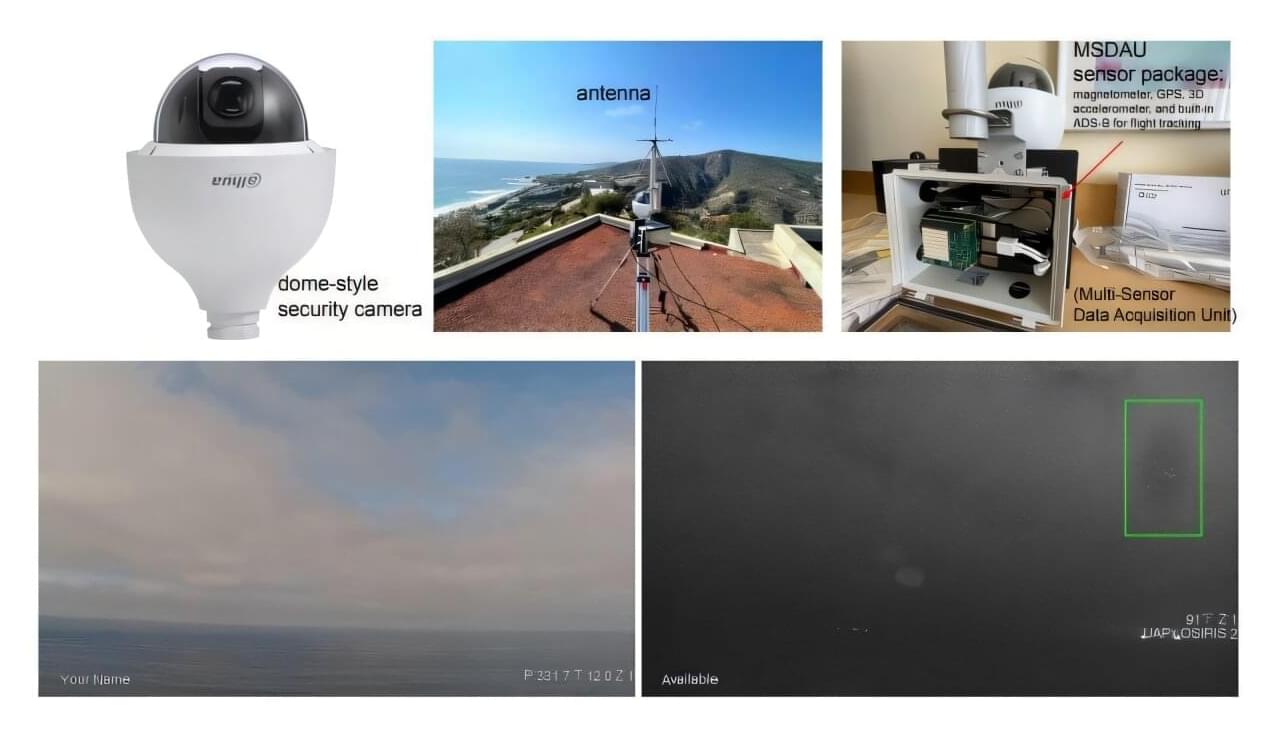The U.S. House of Representatives has formally banned congressional staff members from using WhatsApp on government-issued devices, citing security concerns.
The development was first reported by Axios.

The U.S. House of Representatives has formally banned congressional staff members from using WhatsApp on government-issued devices, citing security concerns.
The development was first reported by Axios.

Insulin resistance detected by routine triglyceride-glucose (TyG) index can flag people with early Alzheimer’s who are four times more likely to present rapid cognitive decline, according to new research presented at the European Academy of Neurology (EAN) Congress 2025.
Neurologists at the University of Brescia reviewed records of 315 non-diabetic patients with cognitive deficits, including 200 with biologically confirmed Alzheimer’s disease. All subjects underwent an assessment of insulin resistance using the TyG index and a clinical follow-up of three years.
The work is published in the journal Alzheimer’s & Dementia.

The Space Renaissance 4 All Gallery (www.sr4allgallery.com) is an international initiative, to carry a Science-Technology-Art-Partnerships payload into lowEarth orbit, where it will circle the planet before returning for scientific study and public engagement. The Gallery is inside Nyx capsule of The Exploration Company that is scheduled to launch aboard a SpaceX Falcon 9 from Vandenberg Base, California on 22June 2025 23:15 CEST, orbit Earth, reenter the atmosphere and return intact — making its payload available for scientific and technical evaluation, museum exhibitions, and public outreach. It was initiated by LUNEX CEO and SRI President Prof. Bernard Foing (former ESA Chief Scientist and lead of first ESA lunar mission SMART1). “This is not just a technological mission. It is a Space Renaissance for All statement,” said Prof. Bernard Foing. “Together with MoonMars and our partners, we are creating a human-centric space future that carries our stories, our knowledge, and our spirit.”
“We have developed a space payload to celebrate the values and goals of SRI Space Renaissance, LUNEX and partners. It is using spare from ISS Expose astrobiology tray own 2009−2010” says Bernard Foing. “The gallery contains: Science samples from NASA Ames and Universities (astrobiology, soils and rocks from Earth, meteorites from Moon, Mars, asteroids); Artscience pieces from ArtMoonMars, MoonGallery, MoonMars Museum, SRI; a Digital library of documents, images and music; a Tribute to 40 partners of Space SDG18 and LUNEX.”
“It is really exciting, for us of Space Renaissance International, to see this beautiful program coming to its goal: reaching orbit and re-entering to Earth on a critical test mission! Space Renaissance 4 All was of great inspiration also during the 3rd National Congress of Space Renaissance Italia, that we celebrated a few days ago in Catanzaro, at the Magna Graecia University!! Thanks to all participants, to the Exploration Company and all the Sponsors of this fantastic venture into space! Long live to Space Renaissance, long live to Space Art and Space Artists!” says Adriano V. Autino, SRI CEO and Founder.

Previously, the greatest reported distance records for an appreciable amount of optical power (1 microwatt) were 230 watts of average power at 1.7 kilometers for 25 seconds and a lesser (but undisclosed) amount of power at 3.7 kilometers.
“It is beyond a doubt that we absolutely obliterated all previously reported optical power beaming demonstrations for power and distance,” said POWER Program Manager Paul Jaffe after the results were confirmed. The DARPA-led team brought together industry and government, including the U.S. Naval Research Laboratory and the High Energy Laser Systems Test Facility (HELSTF) at the U.S. Army’s White Sands Missile Range.
Energy is a fundamental requirement for military operations, and traditional means of getting energy to the edge (battlefields, disaster zones, etc.) are often incredibly slow, risky, and resource intensive. These tests, referred to as PRAD (POWER Receiver Array Demo), mark an important step towards the POWER program’s long-term goal of being able to instantly beam power from a location where it can be easily generated to wherever it’s needed, opening a novel design space for platform capabilities unbounded by fuel limitations.

Researchers at Johns Hopkins University have discovered that cancer can be detected in the bloodstream a full three years before it’s spotted by doctors for an official diagnosis.
As detailed in a partially government-funded study published in the journal Cancer Discovery last month, the team found that genetic material being shed by cancer tumors can show up in the bloodstream far earlier than previously thought, paving the way for promising new cancer screening methods that could potentially head off the disease long before it gets more serious.
In some cases, the advanced detection could make the difference between being able to beat the cancer or not, according to the researchers.
OpenAI argues it needs access to ‘avoid forfeiting’ the lead in AI to China.

The government has announced a record £2.5 billion investment in fusion energy, which includes support for a prototype fusion energy plant in Nottinghamshire.
The new prototype plant, known as STEP (Spherical Tokamak for Energy Production) will be built at the site of the former West Burton A coal power station near Retford and Gainsborough. The site was chosen by the government in 2022 as the location for the project, with the project’s delivery expected to create over 10,000 jobs ranging from construction to operations. The announcement shows the government’s firm commitment to becoming a “clean energy superpower” by turbocharging innovation in an area that’s produced conventional power for generations.
The record funding for fusion research announced this week shows the UK government’s firm commitment to clean, sustainable energy.

ODIA has the unique opportunity to host a defense briefing regarding the space industry in Oklahoma…with a twist. The Catalyst Accelerator & The University of Tulsa is putting on a Government Business Boot Camp for Oklahoma-based startups the first two weeks in June. ODIA will have an opportunity to hear an abbreviated pitch from each person in the program from 3:00 — 3:50 pm.

Stating that Bitter frequently singles out an “exceedingly small subset of targets,” Proofpoint said the attacks are aimed at governments, diplomatic entities, and defense organizations so as to enable intelligence collection on foreign policy or current affairs.
Attack chains mounted by the group typically leverage spear-phishing emails, with the messages sent from providers like 163[.]com, 126[.]com, and ProtonMail, as well as compromised accounts associated with the governments of Pakistan, Bangladesh, and Madagascar.
The threat actor has also been observed masquerading as government and diplomatic entities from China, Madagascar, Mauritius, and South Korea in these campaigns to entice recipients into malware-laced attachments that trigger the deployment of malware.

A team of physicists from the University at Albany has proposed scientifically rigorous methods for documenting and analyzing Unidentified Anomalous Phenomena (UAP) building upon the work of numerous past and present researchers in the field.
The team tested their methods in the field for the first time and reported their findings in Progress in Aerospace Sciences.
UAP is the term used by government agencies like NASA to refer to “observations of events in the sky that cannot be identified as aircraft or known natural phenomena.”